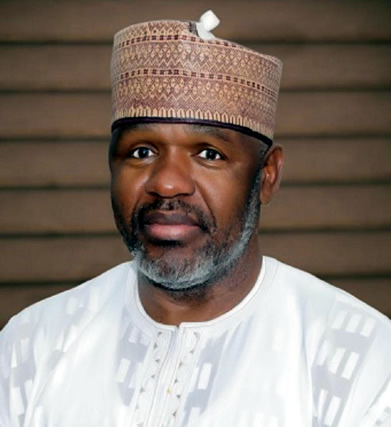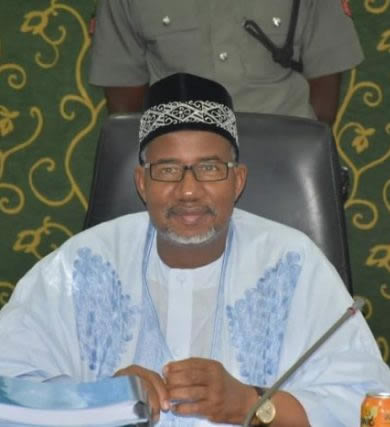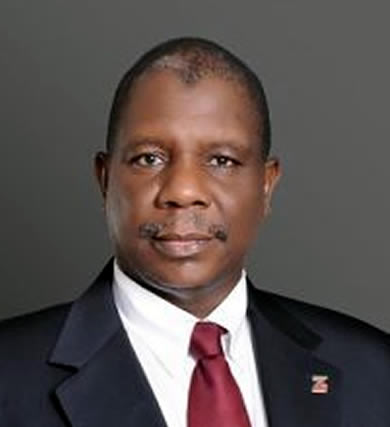Bauchi State
The
Executive
The Power of the Executive Branch is vested in the State Governor, who is also responsible for implementing and enforcing the laws made by the State Assembly and, to that end, appoints the heads of agencies, including the Cabinet.
The State Executive makes policies and implements them. The Deputy Governor is also part of the Executive Branch. The Cabinet and independent agencies of Government are responsible for the day-to-day enforcement and administration of laws. These departments and agencies have missions and responsibilities as widely divergent as their names.
OFFICE OF THE GOVERNOR
Every day, the State Governor is faced with scores of decisions, each with important consequences for the state’s future. To provide the Governor with the support that he needs to govern effectively, the Executive Office of the Governor has responsibility for tasks ranging from communicating the Governor’s message to the people and sundry responsibilities as the need arises, all in the interest of good and effective governance.
This office is overseen by the Chief of Staff. The Office of the Governor also has in it Special Advisers, Senior Special Assistants and Special Assistants who are appointed with full discretion of the Governor. Although the Governor seeks the approval of the State House of Assembly on number of Special Advisers to be appointed, those nominated do not go through a screening exercise by the Assembly. The SAs, SSAs and SAs are appointed as each Governor identifies his needs and priorities.
Deputy Governor
H/E (Sen.)
Baba Tela
His Excellency (Senator) Baba Tela a two time senator of the Federal Republic of Nigeria who represented Bauchi North Senatorial District in the red chambers of the National Assembly was born on 19th December, 1959 in Azare town, Katagum Local Government Area, Bauchi State.

Secretary to the State Government
Bar. Ibrahim
Kashim
Continually reintermediate integrated processes through technically sound intellectual capital.








